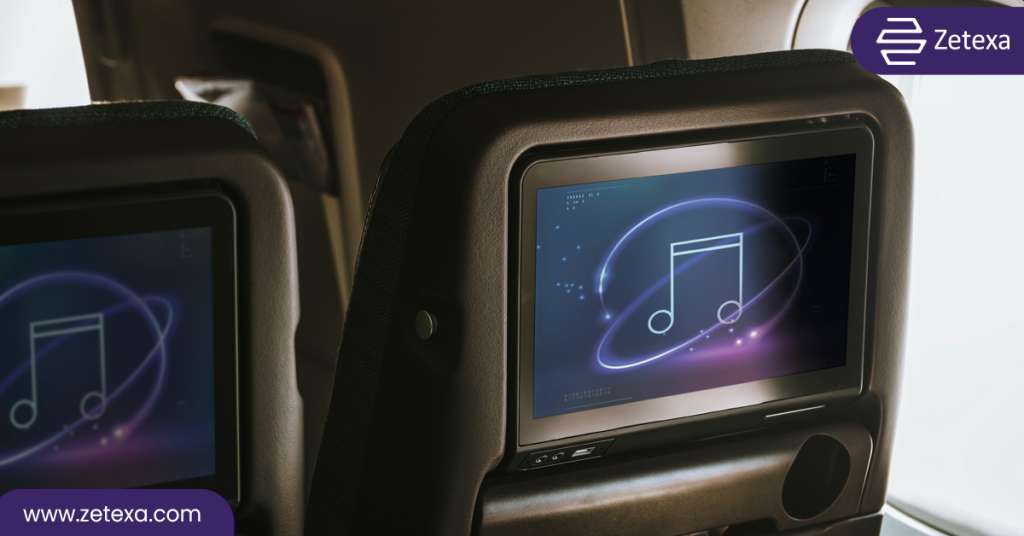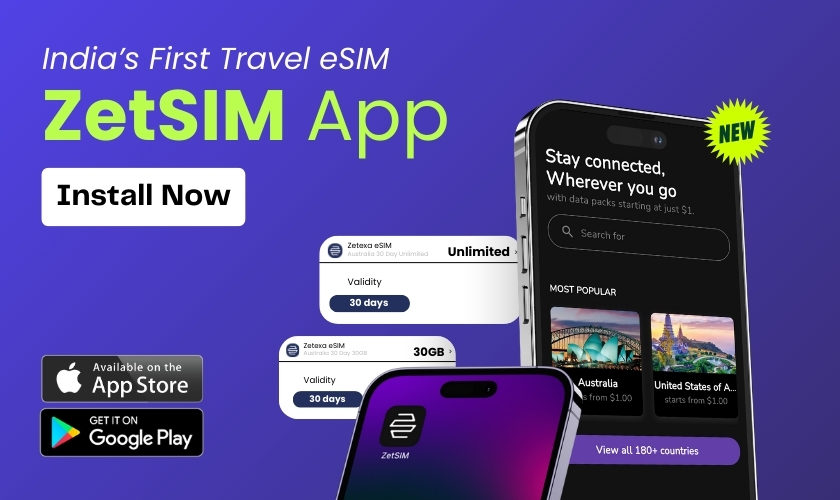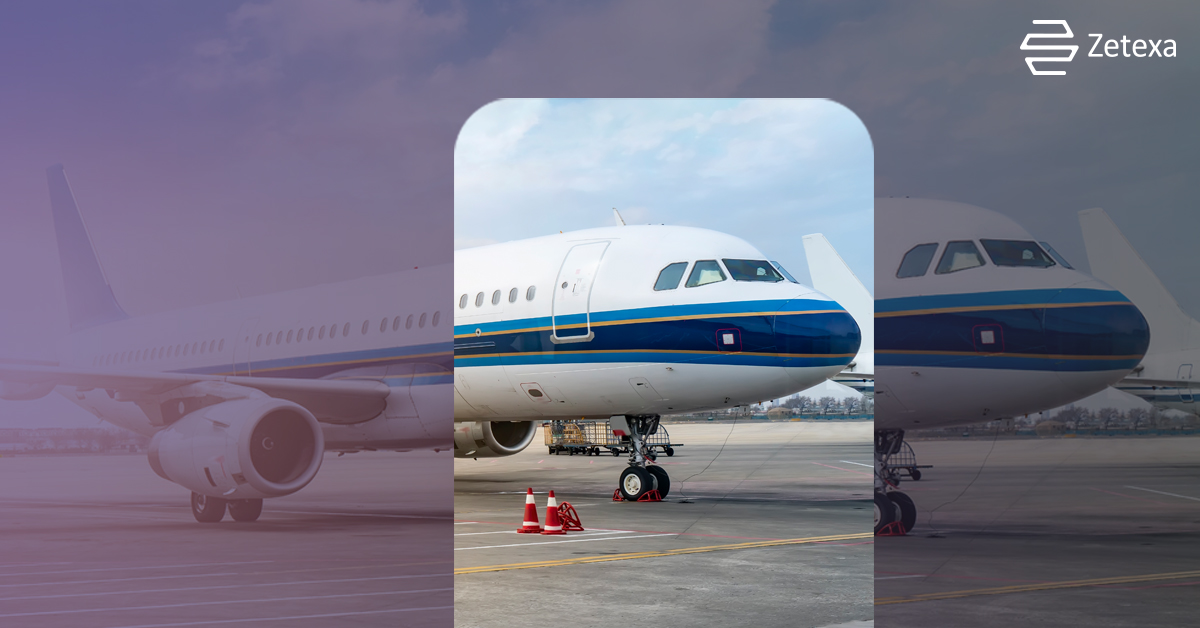It is crucial to keep up with any new or emerging technical innovations in order to enhance customer service and speed work procedures in order to compete in the always changing business travel industry. Embedded Subscriber Identity Modules (eSIMs) are one such innovation that enables airlines to work with eSIM providers to bring about a myriad of opportunities to increase operational performance and customer happiness.
Now, to the question of why an eSIM reseller platform oriented towards airlines could be huge for both the telecommunications and aviation technologies industries.
Generating New Revenue
Cooperation with enablers of eSIM technology may bring new revenues to the airlines. This could be additional premium service increasing the traveler’s experience, such as quick access to the internet for streaming or safe business connections, or selling specific data plans. In a nutshell, it has a number of methods of earning money through cooperation and upselling. These services can bring additional revenues to airlines if they are provided either separately or in addition to the sale of tickets.

Reduced Costs and Streamlined Logistics
Keeping track of actual SIM cards for foreign visitors is a big cost and administrative challenge. All it takes to cut down operating costs and prevent a lot of these logistical hiccups is for airlines to roll out an eSIM reseller platform. Since the eSIM is digital, the integration into existing mobile apps and infrastructure is pretty smooth for an airline. As many as 25% of the eSIM Subscription Manager platforms have been in use in 2023 only.
Streamlined App and Service Integration
Integration with mobile apps could, therefore, work better in the implementation of eSIM solutions or technologies for airlines. Travelers on the same device are already handling their itinerary, getting updates, and booking local services, such as restaurants and taxis. There is no need to worry about connectivity. The possibilities are virtually bipolar; limitless. Airlines may easily promote their eSIM services to a wide audience by using this streamlined approach.
You really have some information there that defies gravity!
As we cruise along, let’s take in more information on eSIM solutions and technologies, as well as their benefits.
Making Better Decisions with the Help of Data Insights
By using eSIMs, airlines will be able to study data consumption trends and the connectivity needs of their customers. This information will come in handy in ascertaining customer preferences and habits. Decision-making will thus be able to accommodate better flights, promotions, and even holidays at popular spots with increased accuracy and profitability. Such is the data-driven trend that there has been a huge spurt in downloads of eSIM profiles, the Trusted Connectivity Alliance said. (Trusted Connectivity Alliance)

Immediate Connectivity Upon Landing
The principal advantage eSIM has to offer the global traveler is instant connectivity to any local network, bypassing the tedium of swapping physical SIM cards or hunting frustratingly for Wi-Fi. Now, that definitely is a great convenience—not carrying lots of small SIM cards or standing in queues at kiosks for the frequent traveler. It can be considered that immediately providing travelers with the ability to use an eSIM will be paramount in terms of customer satisfaction for the airlines. Studies show that by 2027, 3.5 billion eSIM-capable smartphones will be in use.
Providing Travelers with Safe Connectivity
Specifically, security, data, and connectivity were rated as the greatest concerns among passengers. Improved security functions in eSIMs prevent fraudulent activities and theft by encrypting users’ identity and information. Via secure eSIM-based connections, airlines can rebuild their reputation as secure operators and attempt to regain passenger trust. The eSIM technology is created with support for security measures designed to ensure robust privacy and data security.
You should be aware of the future of eSIM technology before we set foot on the ground baigan.
Connecting eSIM to the Internet of Things Advances
Thanks to the incorporation of eSIM technology, airlines are prepared for the broad implementation of the Internet of Things (IoT) in the airline sector. These will range from simple articles, like smart luggage trackers, to more complex pieces of technology, such as IoT-enabled in-flight entertainment systems. With eSIM systems in place, airlines will be very well positioned to add this type of innovation to their offerings, enabling far greater personalization and integration into all aspects of the customer travel experience.

Download ZetSIM App from the APP Store
Download ZetSIM App from the Google Play Store
FAQs
eSIM enables airlines to offer seamless connectivity for passengers, allowing them to easily switch between networks, avoid roaming charges, and enjoy high-speed internet during flights.
Airlines can eliminate the need for physical SIM cards, reduce operational costs, and improve efficiency by integrating eSIM services into their systems, allowing passengers to activate data services remotely.
By offering global connectivity options, airlines can enhance the customer experience, building loyalty and attracting more international travelers who seek hassle-free mobile connectivity.
Yes! eSIM can provide passengers with better internet connectivity, enabling seamless streaming and an enhanced in-flight entertainment experience.
Zetexa eSIM offers global, reliable connectivity with a flexible pricing model, ensuring seamless integration and customer satisfaction for both airlines and their passengers.



